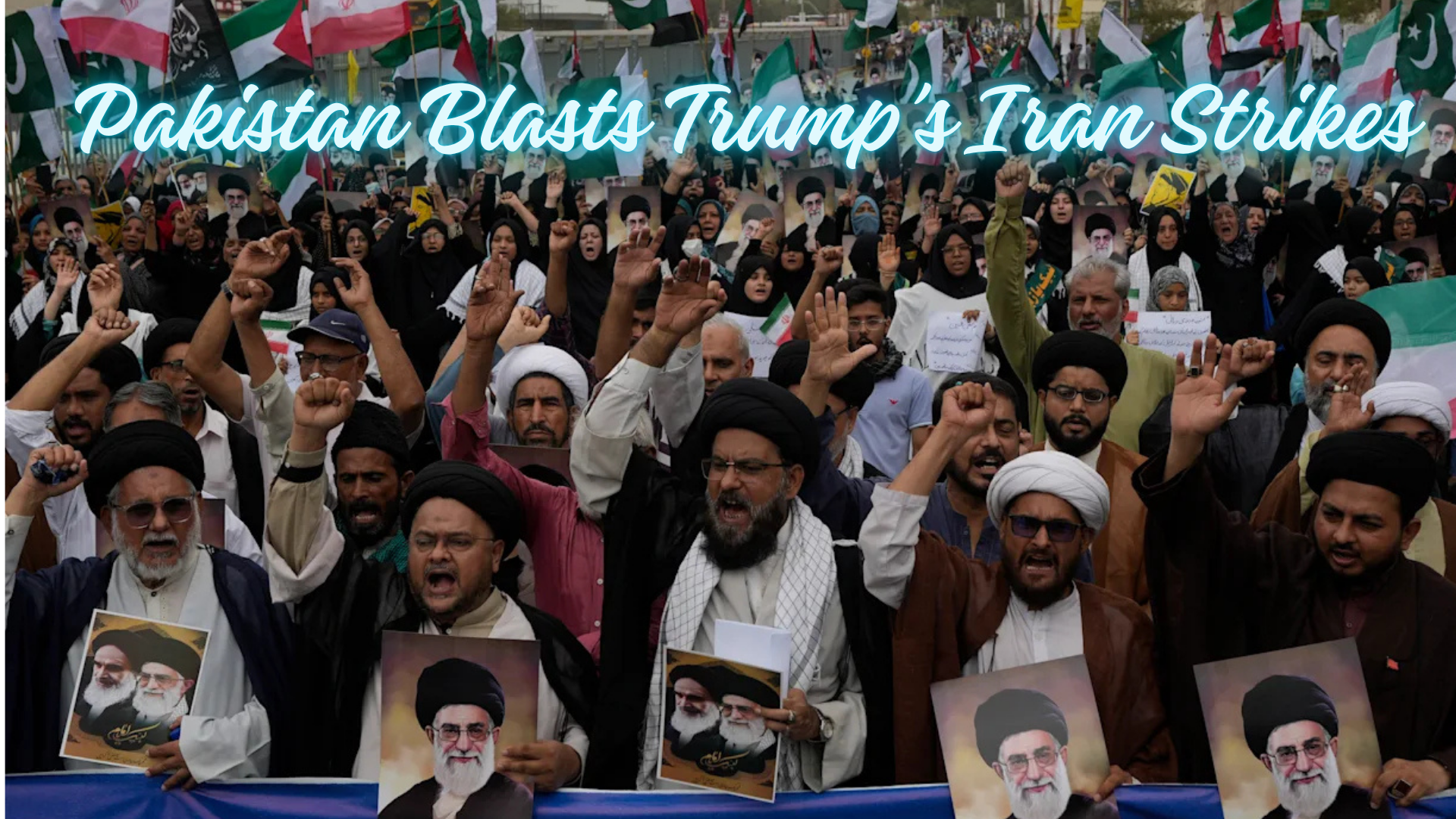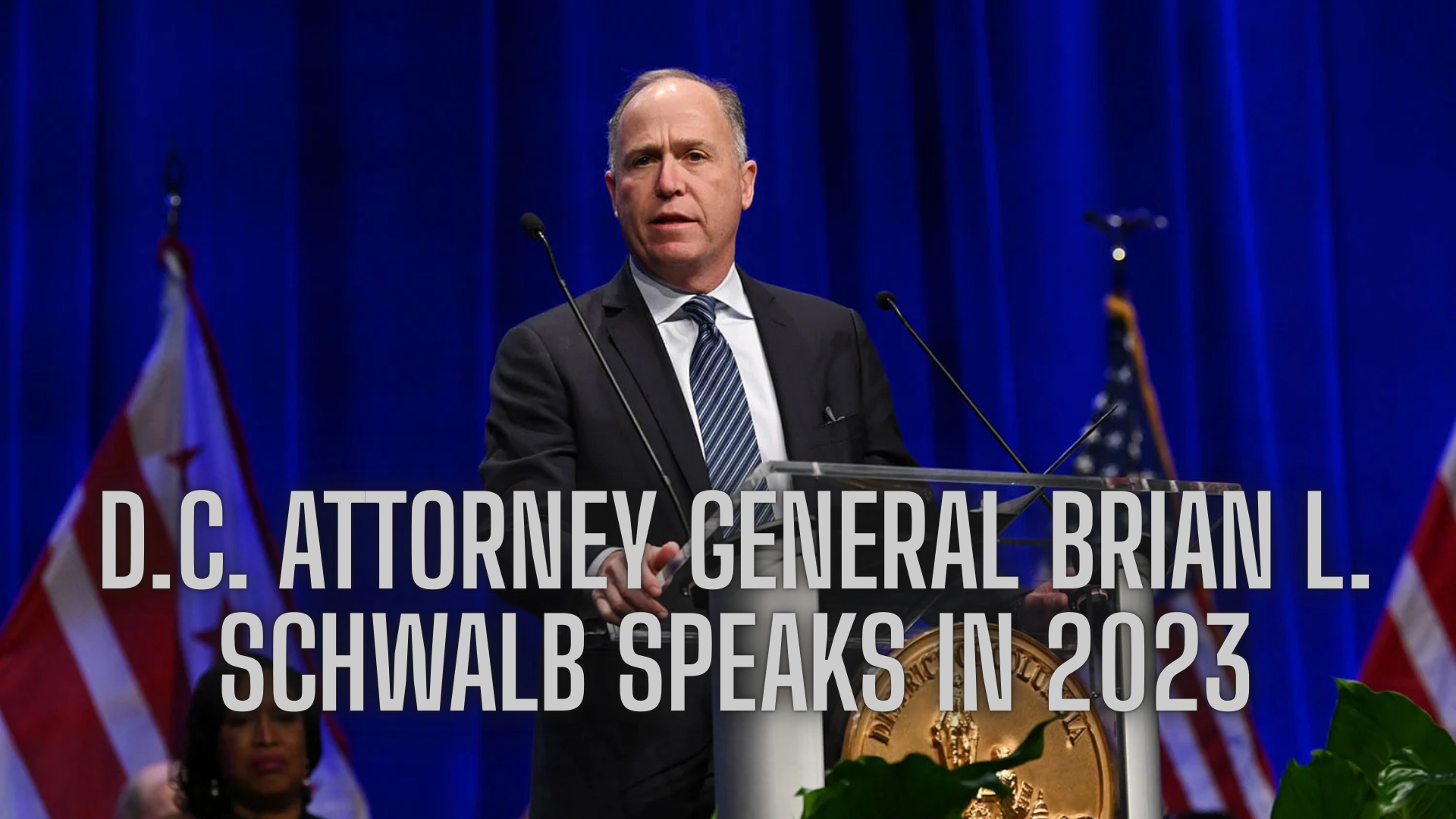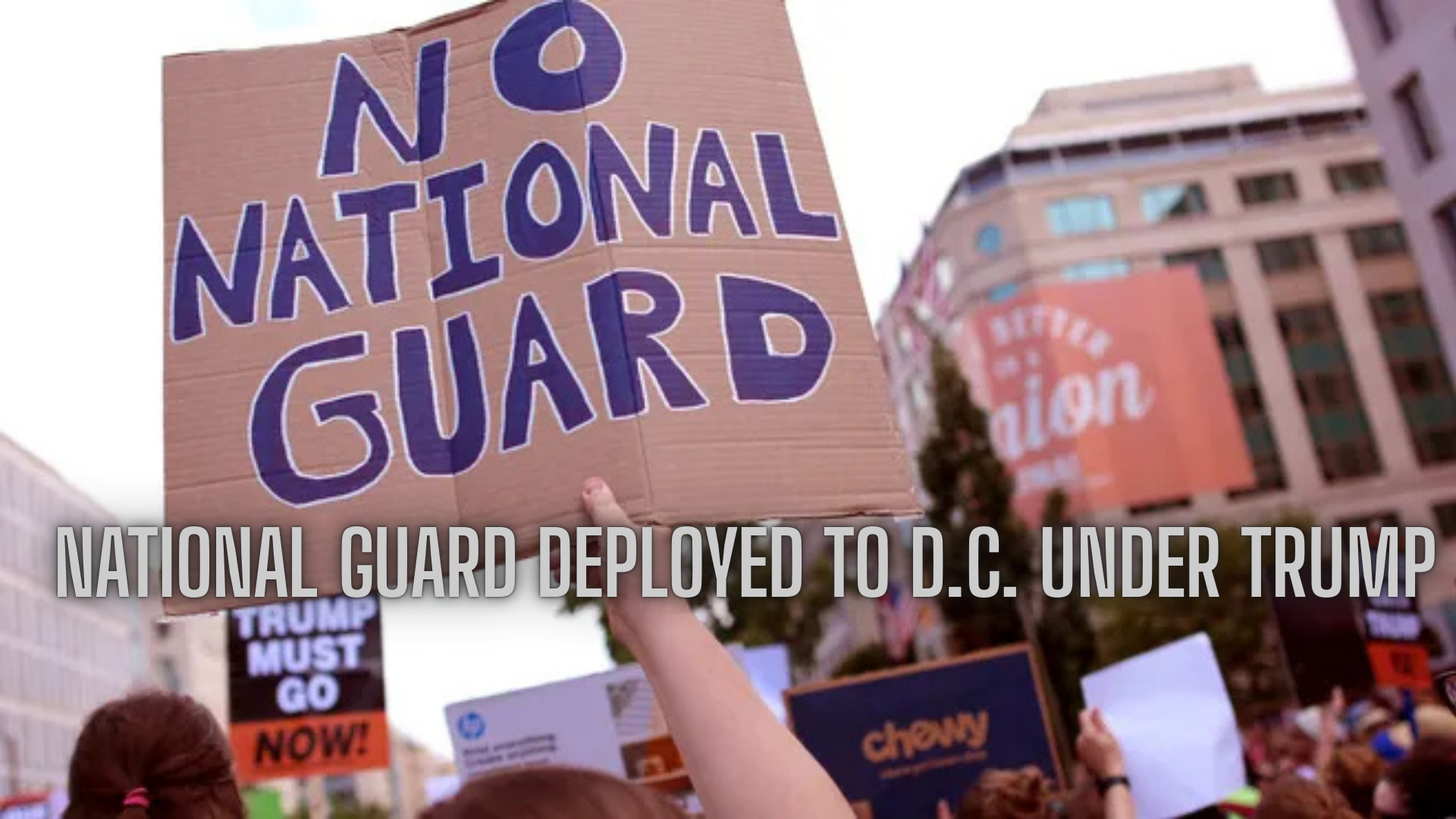In a dramatic turn of events that underscores the volatility of international relations, Pakistan has sharply condemned U.S. President Donald Trump for ordering airstrikes on Iran — less than 24 hours after lauding him for a Nobel Peace Prize for his diplomatic role in de-escalating tensions with India.
On Saturday evening, Pakistan’s government posted a glowing statement on the social platform X (formerly Twitter), commending Trump’s “decisive diplomatic intervention and pivotal leadership” in helping avert war with India following the massacre of foreign tourists in Indian-administered Kashmir in April. The crisis had nearly pushed the nuclear-armed neighbors to the brink of conflict, as both sides launched retaliatory attacks before stepping back under pressure from global leaders, especially the United States.
Pakistan’s message praised Trump’s efforts in securing a fragile truce and formally recommended him for the Nobel Peace Prize. The gesture came shortly after Trump hosted Pakistan’s Chief of Army Staff General Asim Munir at the White House for a rare and extended two-hour meeting attended by U.S. Secretary of State Marco Rubio and Middle East envoy Steve Witkoff.
But by Sunday, the mood had shifted dramatically. Following overnight U.S. airstrikes on key Iranian nuclear facilities, Islamabad issued a blistering statement denouncing the attacks as a “grave breach of international law” and a violation of agreements under the International Atomic Energy Agency (IAEA).
Prime Minister Shehbaz Sharif expressed Pakistan’s “deep concern” in a direct phone call with Iranian President Masoud Pezeshkian. Sharif stressed that the bombings had reportedly struck IAEA-monitored sites — facilities under international safeguards that Iran insists are peaceful in nature.
“Such unilateral aggression threatens not only regional stability but also global peace,” Sharif said, adding that Pakistan stood in “solidarity with the Iranian people” and supported Tehran’s right to respond in self-defense, particularly against Israeli aggression.
Pakistan’s foreign policy stance has historically favored strong ties with Iran, especially amid increasing hostilities between Tehran and Tel Aviv. Islamabad has frequently condemned Israeli military operations in Gaza and the West Bank and reiterated its support for Palestinian statehood.
The Iranian government, still reeling from the American strikes, welcomed Pakistan’s message of solidarity, calling it “a principled stand from a true neighbor.” Iranian officials claim the bombed nuclear sites were purely civilian in nature, a claim Washington disputes, arguing the sites had military utility and were in violation of the nuclear deal abandoned by Trump during his first term.
Despite Pakistan’s condemnation of the strikes, it has not yet clarified whether it still supports its previous Nobel Peace Prize recommendation for Trump. No official comment on the matter was issued from Islamabad on Monday, fueling speculation about whether the praise was premature or part of a complex diplomatic balancing act.
Pakistan’s opposition parties, meanwhile, criticized the Sharif government for what they described as “foreign policy whiplash.” “First they nominate Trump for the Nobel, and within hours they condemn him as a warmonger — what message are we sending the world?” asked former Prime Minister Imran Khan’s spokesperson in a televised interview.
The fallout also highlighted deep divisions between India and Pakistan over the Kashmir issue, which remains a flashpoint between the two nations. While Islamabad thanked Trump for what it saw as crucial mediation, New Delhi dismissed his role, reiterating that Kashmir is a bilateral issue and that it opposes all forms of foreign interference.
India and Pakistan both claim the Himalayan region in full, though each administers parts of it. India accuses Pakistan of backing armed militant groups that stage attacks in its part of Kashmir — an allegation Pakistan denies.
The current diplomatic saga underscores the complexity of international alliances in South Asia and the Middle East, where the same leaders can be cast as peacemakers one moment and aggressors the next.
With no clear resolution in sight and a volatile geopolitical landscape, Pakistan’s dual response to President Trump’s actions offers a stark reminder of the high-wire act smaller nations often perform between rival superpowers.



